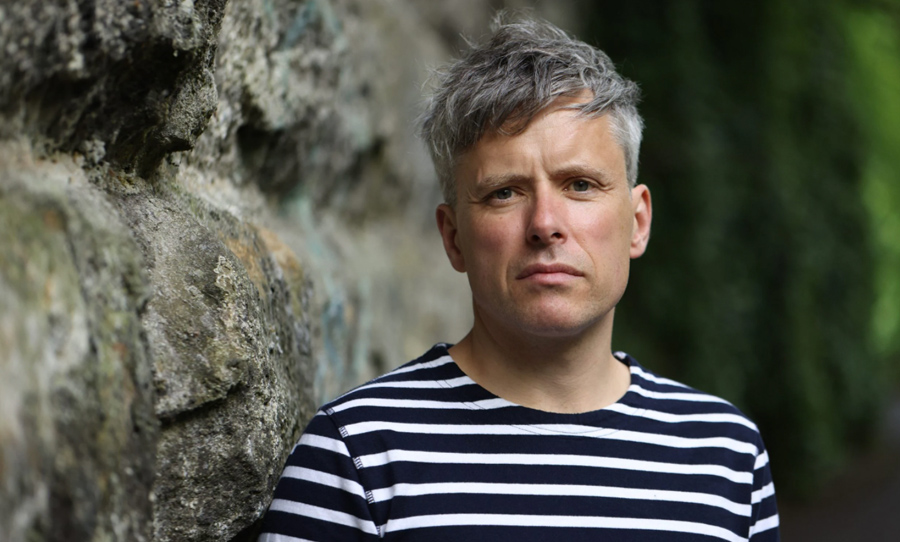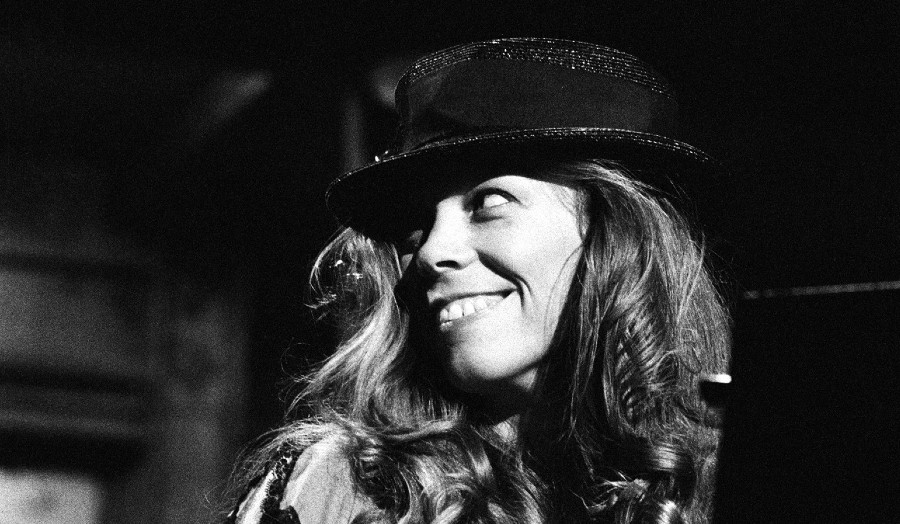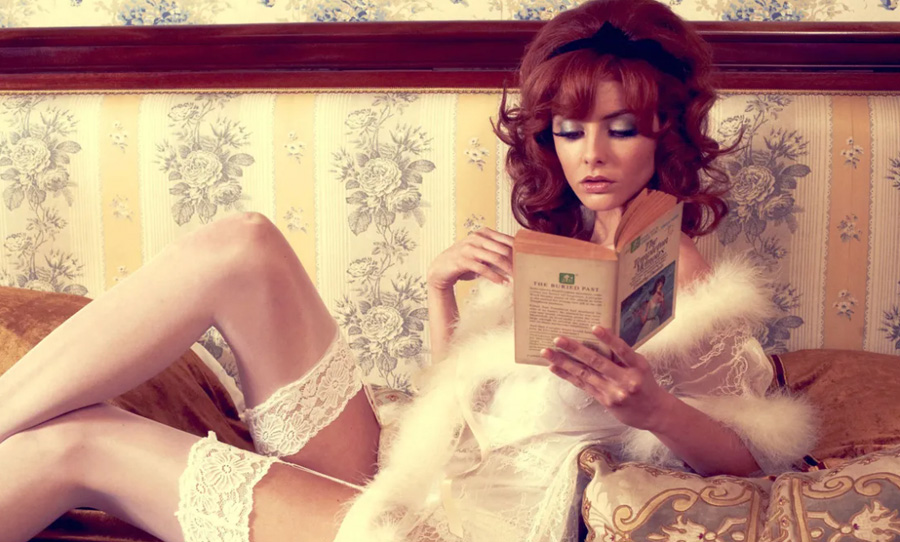The Voids is the new novel by Glasgow author, Ryan O’Connor. An unflinching yet poetic portrait of addiction, this bleak tale is leavened by glimmers of hope and humour.
Glasgow — like most cities in the Western world — is caught in a tumult of renewal. Council-funded tower blocks that are home for many that find themselves on the fringes of society are being demolished in waves of gentrification, condemned to their fate after decades of neglect. These rapidly emptying homes are known as The Voids (Scribe), and they supply the evocative setting and title for Ryan O’Connor’s semi-autobiographical new novel.
In the hands of O’Connor, readers find that these flats-cum-wind-tunnels contained the hopes and human eccentricities of migrant families, committed couples, and single individuals, like the book’s unnamed protagonist. Our solo hero explores and collects artefacts from this abandoned vertical village, furnishing his own abode with the forgotten spoils, desperate to create an environment that he feels he can belong to after a childhood starved of emotional nourishment.
This apartment block forms the occasional base for his explorations. He uses alcohol as a way to access the realm — as O’Connor puts it — where his “angels and demons reside.” Through his fleeting relationships, readers are given entrée to a life riven by madness and danger, but occasionally, transcended by precious moments of human connection.
We caught up with Ryan O’Connor from his home in Glasgow to discuss the ghosts that linger in his city, the influences on his colourful and poetic style, and finding beauty where you’d least expect it.
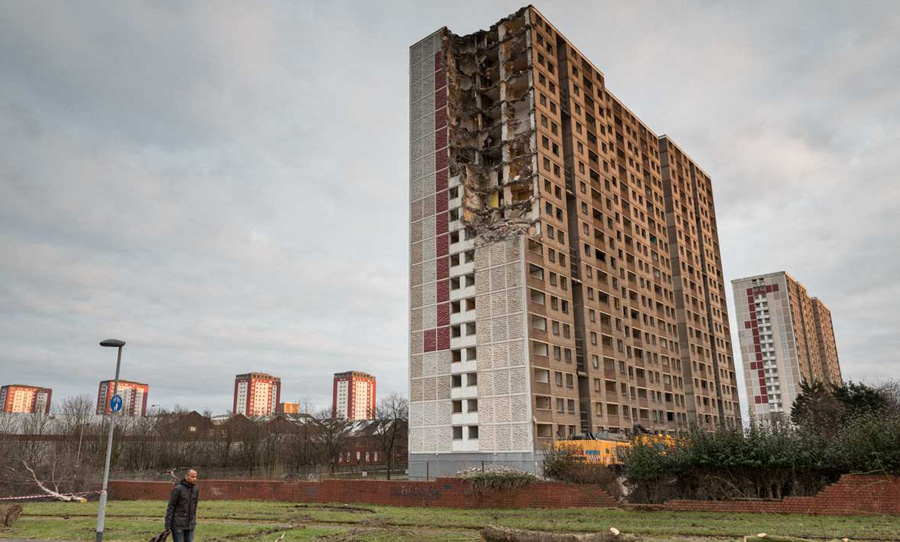
HAPPY: The Voids are empty apartments in forgotten tower blocks — places that most would avoid, given the opportunity. Yet, when you introduce them at the beginning of the book, you do so in a beautifully evocative way. Was it easy or hard to find the poetry in this location?
RYAN: I think these locations lend themselves to a certain kind of poetry. It’s in the architecture and the landscape. I lived in a condemned high-rise for about two years. A lot of things happened in my life and I was homeless, basically. So because I’d lived it, it was easy for me to find the poetry and connect with it.
I started to write a different novel a year or two before I moved into that high-rise. The narrator of that novel lived in the 14th floor of a high-rise. Certain things befell and I wound up homeless, so I went back to my mum’s house in a small town in Scotland. A lot of the demons that caused the events in my life: losing my job, relationships, my home — they all lived in my hometown. So I had to get out.
I applied for a housing association flat and by complete and utter coincidence, the only place they offered me was on the 14th floor!
HAPPY: Destiny!
RYAN: So it was a landscape that I was fascinated with anyway, then all of a sudden, I was living in it. So it made it easier for me to channel the essence of that place.
HAPPY: You also bring some very specific Glasgow locations to life in a way that’s almost fantastically horrifying — it brought to mind some of those scenes in Fear and Loathing in Las Vegas: viewing life through a warped camera lens. What was involved in the process of depicting these streetscapes and pubs? Do you have any literary inspirations for this kind of world-building?
RYAN: I suppose my main literary influence would’ve been Malcolm Lowry’s Under the Volcano. Another one was a novella by Joseph Roth: The Legend of the Holy Drinker which has a really hallucinatory, dream-like quality. There was also music, but mostly, it was inspired by what I saw and lived.
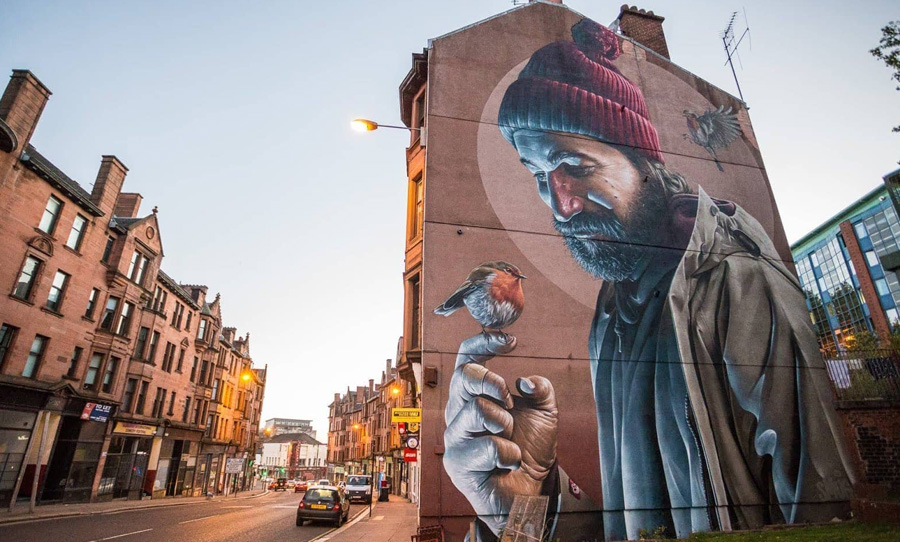
HAPPY: The book hinges on the fate of our unnamed protagonist. He has these Groundhog Day-style calamities, but through them, the epiphanies surface, and more and more of his past — especially his childhood — is revealed. What was it like rendering his life on the page? Did you feel sympathy toward him?
RYAN: I do have a lot of sympathy towards him. But it’s not a cautionary tale. He’s not looking for redemption. He’s on a spiritual journey. At first, he’s trying to outrun his angels and demons, but then he realises that he can’t outrun them. He has to make some kind of peace with them. It’s something that I’ve experienced in my own life, so I do empathise with him. I don’t think he’s a terrible character. Do you think he’s a terrible character?
HAPPY: No, not at all.
RYAN: He’s very open and he’s not looking for sympathy, as such. He’s just looking for a place in the world. I think a sense of absence haunts the novel. An absence of his childhood. Even an absence of this building that’s soon to be demolished. Even the city that he lives in.
Glasgow is such a beautiful city, with all of these historic buildings — but many are being torn down by developers. Now you’ve got these horrible glass and steel places that are completely soulless. I wanted to explore this notion that the heart was being ripped out of the city. In the face of all this, the protagonist is trying to put some meaning back into his life, which again, I can empathise with. Even though it’s essentially a work of fiction, at points, that veil between fiction and memoir is quite thin.
It’s an almost 300-page novel in which the narrator is drunk pretty much all the time. So it really needed that level of authenticity to sustain his relentless searching that involves alcohol. I hope that people can see that alcohol is a conduit for him to access that other world where his angels and demons reside.
HAPPY: It’s such a singularly focused story as well. You really live inside the head of the protagonist — I even heard his voice in my head when I put the book down. What was it like to put the pen down and say goodbye to him at the end of the process?
RYAN: It was a relief, to be honest. There were elements of me in the character, but it was me from eight or nine years ago. But now I’ve got two children, so it was a part of me from a different time.
HAPPY: Maybe that distance in time is important for you to gain some perspective.
RYAN: Yes, and there was an element of maybe not exorcising those demons, but at least understanding them. It’ll actually be a relief to move on to the next book, too.
HAPPY: When we’re confronted with stories about addiction, it’s usually a lonesome tale. But in your book, we’re plunged into a community of people dealing with similar demons. Was it important to you to highlight a community, rather than just the plight of a single outcast?
RYAN: Yeah, definitely. Going back to your question about poetry in the landscape, I also enjoy exploring that in humanity. There’s madness and lots of terrible things too, but there’s also beauty. I didn’t want to do caricatures of drunks though. For me, every life is special and worthy.
Take someone like Shane McGowan (The Pogues), for example. Some people might wonder, “if only he could’ve stayed sober, if only he did this, or that.” In my eyes, he just is who he is. Would things have been better for him if he went a different way? That’s not for me to decide. He’s living his own life.
Likewise, I met so many characters out there. I’m not assuming anything, but they might not have wanted to work in an office. Would their lives have been more worthy if they’d lived till 70 and worked a nine-to-five and were unhappy? As well as the horror, there’s a lot of beauty in these people and places which deserves to be sung, if you like. I felt a kinship with these people who others might consider to be “losers”.
One of the things that some people might struggle to accept in reading the novel is the fleeting relationships. But that’s what it’s like. These people lived their lives fleetingly. There are bars that you can go to on any given night in Glasgow and walk home with someone — whether it be romantically or just a friend you made on the night — and you’ll never see them again. People just pass in and out of each other’s lives like ghosts. Sometimes terrible things happen, but in others, you’ll experience beautiful little moments of humanity.
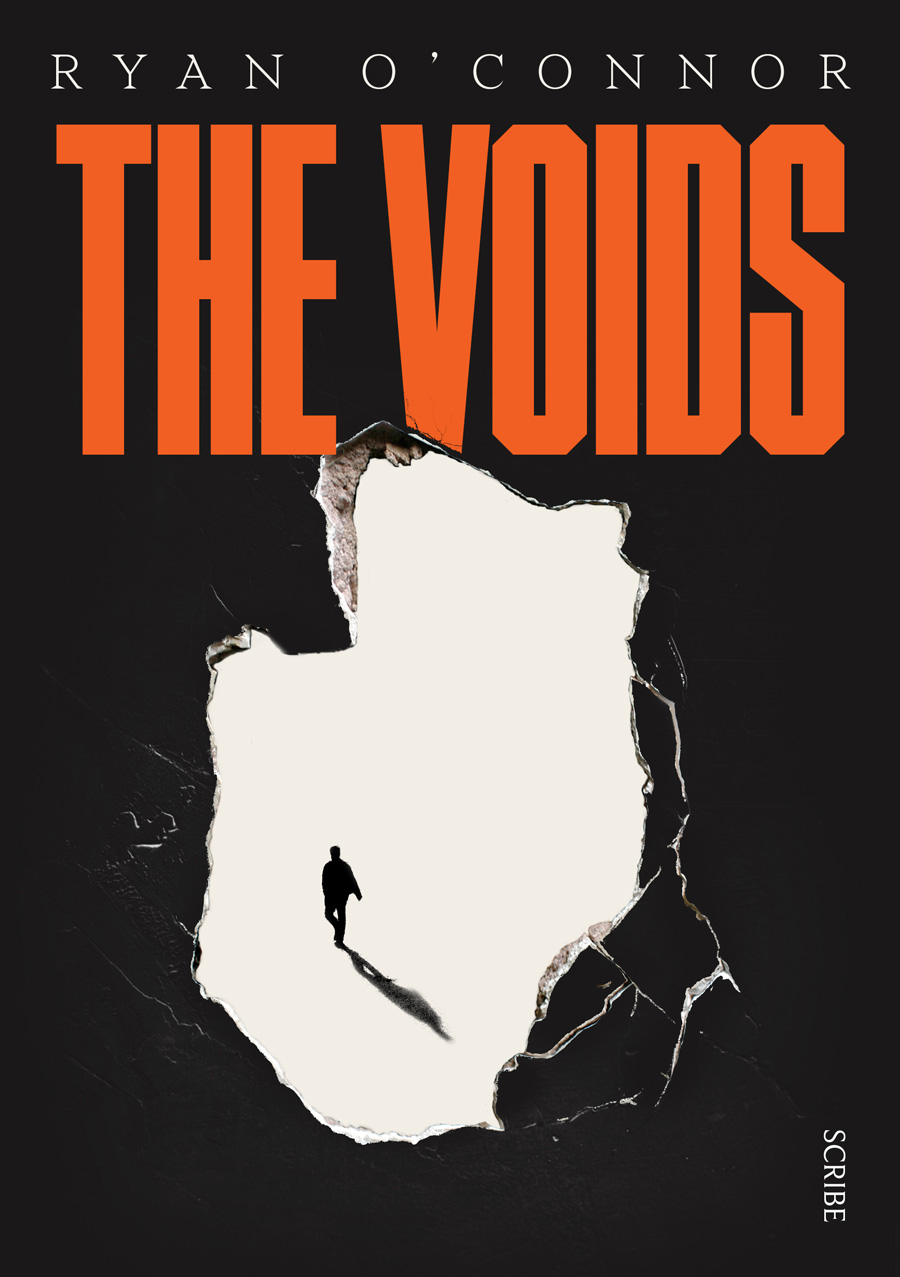
HAPPY: And about that community and its interactions, there’s a lot of comedy in the dialogue. Was that a conscious effort on your part to leaven the bleakness of the story, or is that just something that comes naturally to Glaswegians?
RYAN: Definitely both. We always manage to find a bit of humour and light in tough situations to keep ourselves going. It occurs naturally, but I felt the novel definitely needed it too. I had to do a questionnaire for the publishers and one of the questions was: “Did you have to edit anything out of the novel?” and I said, “there was lots I had to edit out!”
HAPPY: [Laughs]—
RYAN: Initially, I tried to write it more or less as it happened and it was just too bleak. My agent said, “Ryan, we can’t do this. This is too much.”
HAPPY: [Laughs]—
RYAN: Sometimes you just cry so much, you end up laughing.
HAPPY: We talked a bit about kids earlier. Do you think that being a father gives you a different perspective on a story like this — which is all about familial bonds — as problematic as they are in this case?
RYAN: Personally, it was really important. Being a dad necessitates a certain level of maturity. It makes you look at the world differently. My father was a cabaret singer, just like the one in the book. I don’t know if I’d really been able to understand the mistakes he made and his experience of fatherhood until I became a father myself. You never have any time to sit down and write, but that extra maturity is certainly a gift and fed into the work for me. And it’s also beautiful to think that I’m leaving something for my sons, so they can understand what I went through.
HAPPY: And finally, the dedication simply reads, “For you”. I don’t I’ve ever seen that before in a book. Can you explain why you decided on that dedication?
RYAN: The dedication turned out to be a very important question and decision for me in the end. Not long after I left the high-rise, I came close to having a novel — that I’d written in a six-month burst of creativity while alone up there — published. However, for a whole host of reasons it never made it to publication. One of the primary reasons was that my mum fell ill around that time and subsequently died, and it was therefore never completed to the level it should have been. I just couldn’t write. And in actual fact, drunk at 6 am one day, after having erased the novel from my laptop, I walked into a park with the typed manuscript, just as the narrator does in The Voids, and threw it all away.
I did make a promise to my mum though before she died to finally publish a novel. I’d always intended to dedicate it to my mum, but strangely, and importantly, what I realised while writing The Voids, was that my relationship with my mum was far more complex than I’d previously thought. To dedicate the novel to her would not really have been appropriate. It was still partly for her, but not straightforwardly. And then I realised there were other people that I wanted to say to, “this is for you”.
And then others who thought I’d die living the life I was living and who gave up on me, I wanted to say to them, “this is fucking for you too”. So, I realised it was for a lot of people. I think ultimately, for more than anyone else, all the people who had lived and were still living, just like I had, all those people that others considered losers, I wanted to say, “this is really for you. I wrote this for you.” And so that the dedication wasn’t as long as this answer I’ve just given you, or like some anti-acceptance speech at the Oscars, I simply said, this is, “For you”, in the belief and hope that each person who reads it will get it in their own way. I know that all sounds a bit grand and overblown, but that’s why.
The Voids is out now via Scribe.
